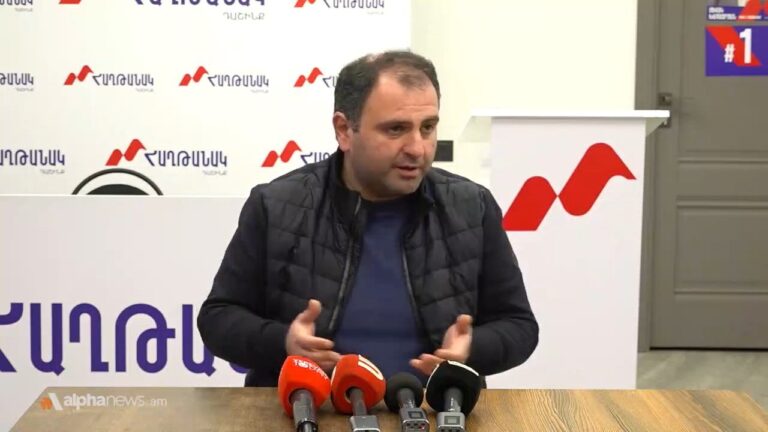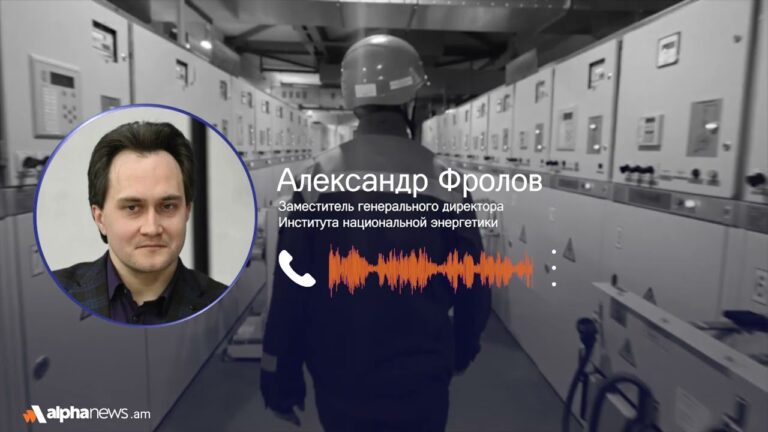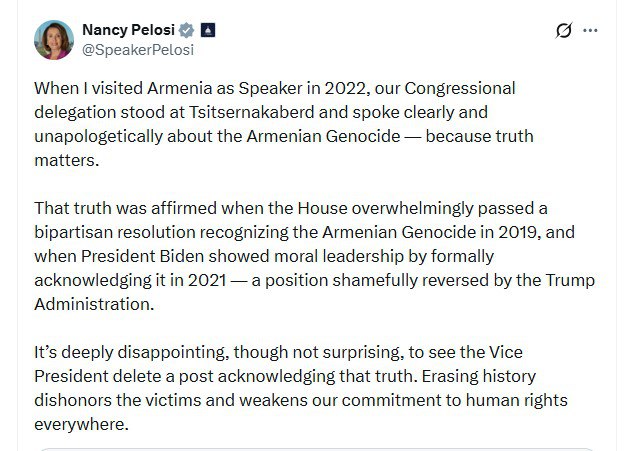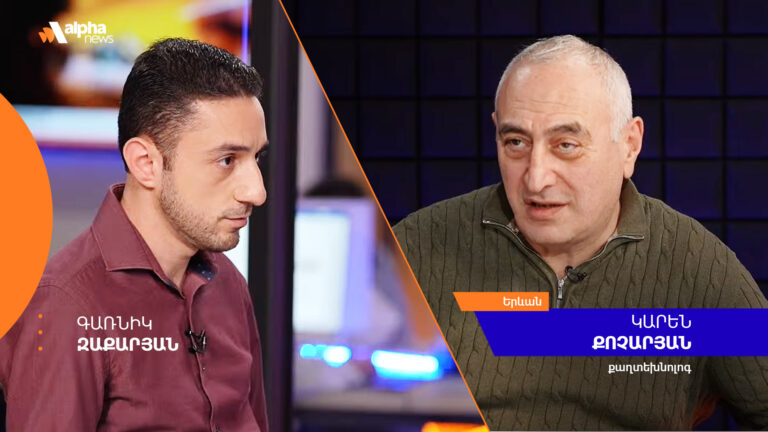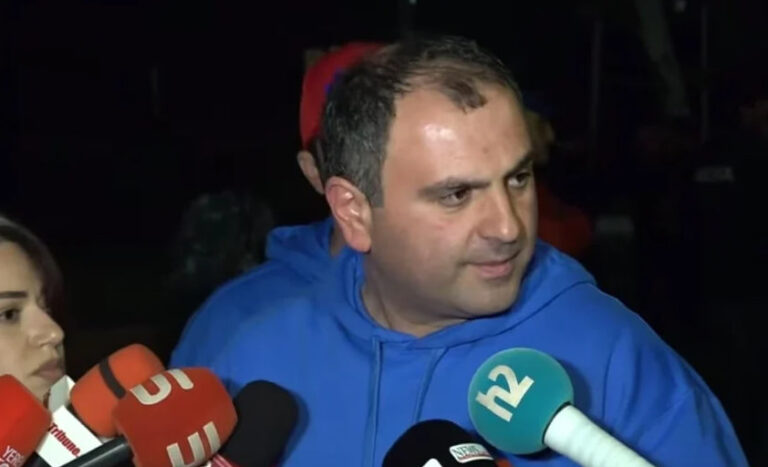‘We stayed in the basement for two days because of the sounds of shelling’: Artsakh exodus #8
October 18 2023, 22:00
Veronika Petrosyan, 28, who was forcibly displaced from Artsakh, still does not have a permanent job in Armenia. She is a specialist in the hotel industry and also designs flowers, gifts, and handmade toys.
While unemployed, Veronika is now engaged in making toys.
“I wrote on social media that I make toys. You have no idea what a huge response I received. Many wrote words of support. I even met some customers; these are wonderful people who want to help in some way. I have already received orders from France, the USA, and Russia. I understand that there are people who just want to help; maybe they don’t even have children and don’t need these toys. But they want to help me. This attitude is very dear to me,” Veronika tells Alpha News.
Veronica’s family and her aunts have settled in the Dzoraghbyur community, a little far from Yerevan. Now, they all, seven people, live in a rented apartment.
Veronica lived with her husband and 4-year-old son in Stepanakert. Her mother, brother, and other relatives also lived there.
“We have lost the most important thing—our motherland,” says Veronika.
Now they are left empty-handed, and the hardest thing is to explain to their son that they cannot return to Artsakh.
“Every time I go to bed, my son asks when we will go to Stepanakert, and I don’t know what to answer. I don’t want to tell him that he lost his homeland, his home, even his kindergarten. But I don’t want to deceive him either; I don’t want to give hope that we will soon return home,” she says.
September 19 is a memorable date for Veronika, her son’s birthday. But this year, September 19, will forever be associated in her memories with the sounds of rocket attacks. It was on this day that Azerbaijan invaded Artsakh. Veronika and her son were returning home from kindergarten with gifts in their hands when they heard the sounds of shelling.
“I realized what was happening. I realized that all this would not end with one explosion. This was a repetition of the 44-day war. We didn’t get home; we went down to the basement and stayed there for two days because the sounds of shelling did not stop. The situation was terrible, the enemy was on the outskirts of the city,” she recalls.
Veronika says in those days, Stepanakert reminded her of hell.
“Some people left the neighborhood with only one bag. They didn’t know where to live with their children; there was no bread in the shops. Our hotel, Vallex Garden, sheltered and fed 600 people. There was chaos in the city; people were on the streets with suitcases, and children were sleeping on the ground. It was hell. I don’t want to remember Stepanakert like that, because our Stepanakert was a very clean, lovely, and calm city,” Veronika says.
The woman and her family were forced to leave Stepanakert on September 27. Veronika prefers to forget the route from Artsakh to Armenia that lasted 30 hours.
“We wanted to stay in Stepanakert until the last minute; even after all this, we hoped that a solution would be found. But the only thing that the people of Artsakh will never agree with is living with the Azerbaijanis, because it is impossible. Therefore, people were forced to leave their homes. Until the end of my life, Artsakh will be the best place on earth for me; it is a heavenly place,” Veronika says.
She recalls the mocking attitude of Azerbaijanis towards them at the checkpoint.
“They grinned, saying, ‘We achieved what we wanted.’ They asked us if we were leaving Artsakh voluntarily, and they asked follow-up questions to provoke a dispute. If this had happened, they would not have let us go. That’s why we didn’t reply.”
Veronika’s family has refused free housing provided by the state, believing that low-income families needed it more. As for the government’s money transfers, Veronica’s family has not received them yet.
“We expect to find work and provide for ourselves, as we did in Artsakh. But we will not mind if the state supports us. Now there is a more urgent problem that needs to be solved: in fact, we are refugees; we have nothing. If our government agencies can resolve this issue at a high level and grant us refugee status, this will be the first step to helping the people of Artsakh,” Veronika notes.


